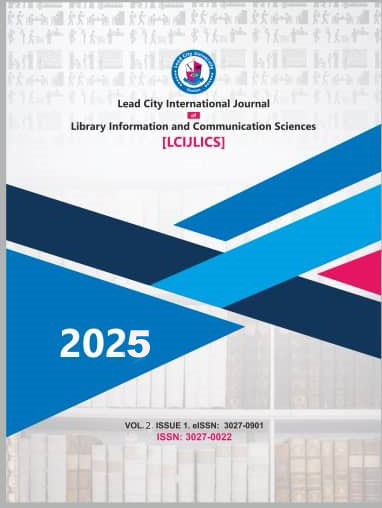LEVERAGING BIG DATA ANALYTICS FOR ENHANCED DECISION-MAKING AND SERVICE EFFICIENCY IN THE DIGITAL ECONOMY
DOI:
https://doi.org/10.63741/Keywords:
Big Data Analytics, Information Management, Decision-Making, Service Delivery Efficiency, Digital EconomyAbstract
In the rapidly evolving digital economy, organizations face increasing demands for timely, data-
driven decision-making and efficient service delivery. Big data analytics has emerged as a
transformative tool in modern information management, enabling organizations to extract
actionable insights, optimize operations, and enhance strategic outcomes. This study examines
the effect of big data analytics on decision-making and service delivery efficiency within
contemporary organizations. A descriptive survey design was employed, with data collected
from managers and IT professionals across multiple sectors. The study was guided by two
research questions. Data were analyzed using mean and standard deviation. Findings revealed
that big data analytics significantly enhances decision-making processes by improving accuracy,
accelerating decision cycles, and enabling proactive management through predictive insights.
Similarly, service delivery efficiency improved with real-time operational insights, workflow
optimization, and enhanced customer satisfaction. The study concludes that integrating big data
analytics into information management systems is essential for competitive advantage and
operational excellence in the digital economy. It recommends among others that organizations
should prioritize the adoption of big data analytics tools and technologies to enhance decision-
making accuracy and service delivery efficiency.

